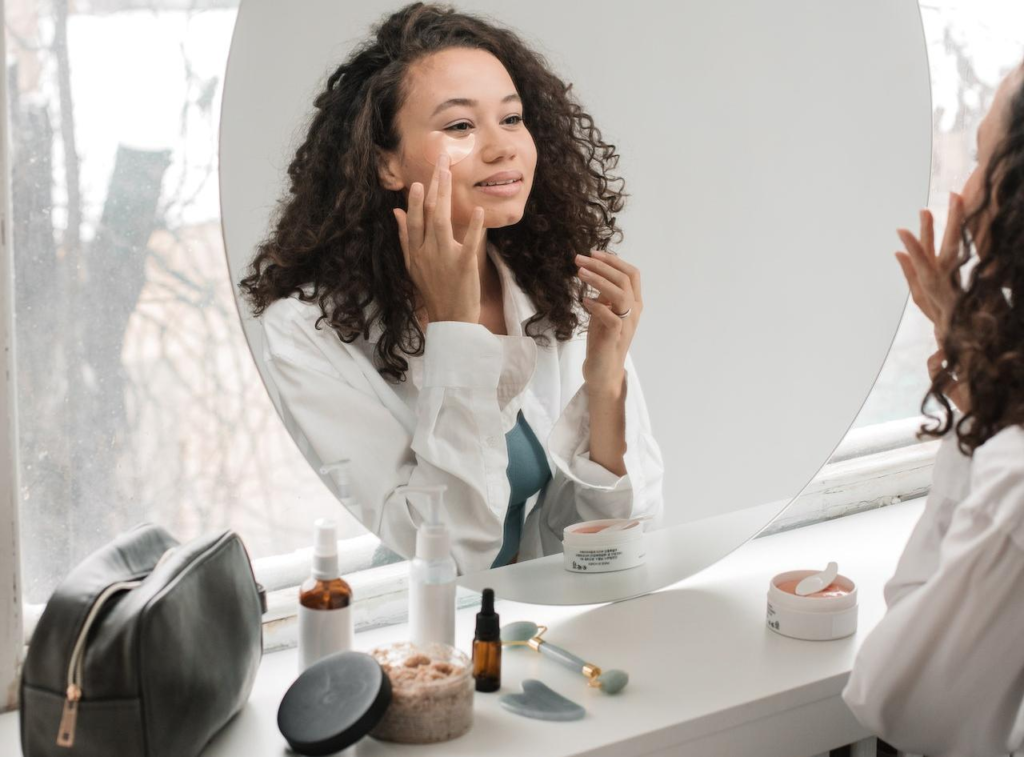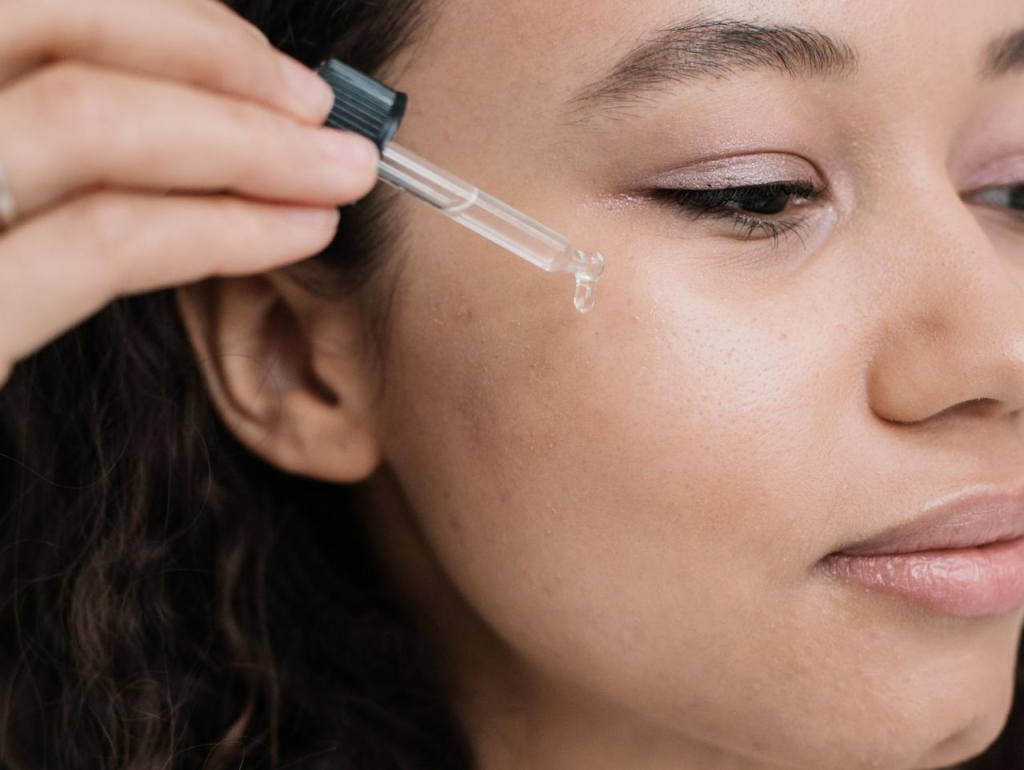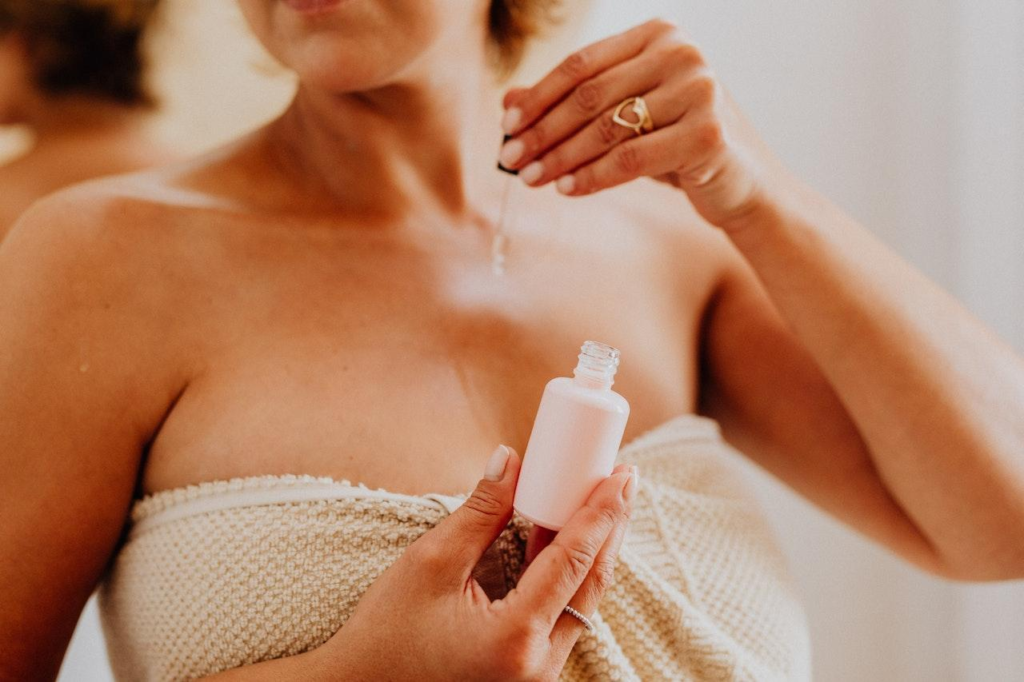
Understanding your body’s needs and the substances you select to meet them requires a voyage of self-discovery. Every skin type has different problems, and for people with oily or sensitive skin, the road can seem confusing. Deciphering which elements could potentially damage our skin becomes essential when there is a sea of products and ingredients in front of us.
You’ll go one step closer to conquering your individual skincare narrative after reading this article, which reveals five substances that may cause unfavorable reactions in those with oily or sensitive skin.
Alcohol

Let’s start with alcohol, more particularly, the denatured or alcohol-denat varieties that are frequently used in skincare products. Contrast these with fatty alcohols, which are good for your skin and include cetyl and stearyl alcohol. Why stay away from this kind of alcohol? They may damage the lipid barrier by removing the natural oils from your skin. In people with oily skin types, this disruption might result in excessive sebum production, while it can seriously irritate people with sensitive skin. Unpleasant problems, including acne, inflammation, and general skin dullness, are frequently the outcome of this process. Instead, look for products with moisturizing components that preserve the skin’s normal oil balance.
Fragrances
Despite having a pleasant scent, artificial fragrances are frequently a silent cause of skin sensitivity. Scents frequently contain a complex blend of compounds that, especially in people with sensitive skin, can cause skin reactions like redness, itching, and rashes. It is suggested to use items that are either fragrance-free or organically fragrant to avoid these potential problems. Always carefully read the contents list before using any “unscented” goods to avoid being disappointed. These products may still contain compounds meant to mask the smell of other components.
Mineral oil

Although mineral oil may seem harmless, it can have negative effects on skin types with oily or sensitive skin. Look for substances with the following names: liquid petroleum, liquid paraffin, liquid paraffinum, liquid petrolatum, and liquid petroleum. These oils have a unique tendency to block pores, and you can bet that with continued use, milia will develop along with blackheads and other bothersome skin bumps. Mineral oil can cause undesirable reactions and irritations in those with sensitive skin, which can be uncomfortable and even lead to skin damage. It’s crucial to look for non-comedogenic oils, such as jojoba oil or squalene, to maintain the health of your skin. These oils are a better option for your skincare routine since they give your skin the nourishment it needs without running the risk of irritating it or clogging pores.
If you’re too late and already have milia, don’t despair but order milia laser removal and get rid of these white dots forever. It only takes one treatment (in rare cases, a touch-up session) to remove milia and give your skin a more uniform look.
Sodium Lauryl Sulfate (SLS)
Sodium Lauryl Sulfate is a chemical found in many facial cleansers, shampoos, and soaps. The attractive, foamy lather that many of these products are famous for was produced by this component. SLS can be harsh for skin types with sensitive or greasy oils, though. It can deplete the skin’s natural oils, causing it to feel dry and irritated. Your skin may respond by beginning to generate more oil to make up for the loss, starting a vicious cycle of oil overproduction. Select sulfate-free cleansers that can properly clear your skin without disrupting its normal moisture balance to prevent this.
Certain essential oils

While acclaimed for their inherent therapeutic powers, essential oils are not necessarily good for all skin types. Some essential oils might be problematic for people with sensitive or oily skin. While delivering an energizing aroma, the oils of lemongrass, citrus, and peppermint can occasionally be too strong for sensitive skin. These oils can also cause milia, inflammation, and excessive dryness because their potency can irritate the skin and throw off its pH balance. Before using these oils on your skin, it is advised to dilute them and run a patch test. Remember that natural doesn’t always equate to being good, and it’s crucial to use caution while using those oils to get healthy skin.
Understanding your skin, deciphering substances, and paying attention to how your skin reacts to these components are all necessary. Avoiding the components listed may provide a route to more balanced, healthier skin for those with oily or sensitive skin. But keep in mind that this is simply one part of your skincare journey. Ask for advice, conduct wise experiments, and pay attention to your skin. Your path through the maze can take you to the healthy, confident skin you deserve if you have empathy and patience.
